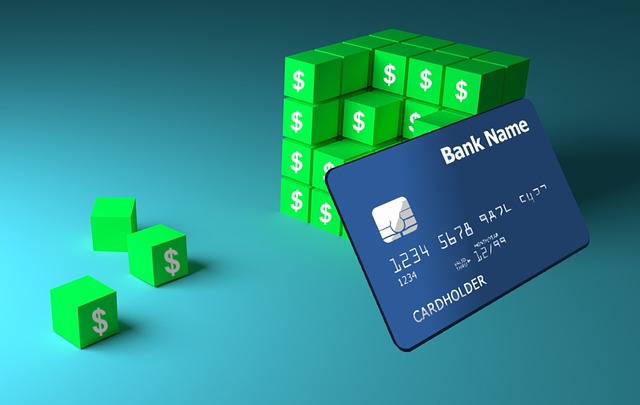Having a bad credit rating can seriously impact your financial stability. If you’re struggling to get loans, that could be down to bad credit rating. Maybe you can’t find someone who will accept you for a mortgage – that’s likely down to bad credit rating, too. So many facets of life are affected by this almost-hidden statistic that it’s alarming more people aren’t aware of its potential knock-on effects.
Luckily, we’re here to help. There are ways to boost your credit rating, and if you’re savvy about it you can do it quickly, too. Of course, there will be a certain amount of time required for some of these fixes, but within themselves, they’re much quicker than the alternative. Here are 7 ways you can look to boost your credit score quickly and get yourself back on the financial ladder.

Table of Contents
1. Take out a loan
If you take out a loan, you’ll quickly realise that making repayments is having a serious positive effect on your credit score. Worried about not being accepted? Don’t be. A cursory search will reveal plenty of excellent companies that will provide bad credit personal loans to those who need them. When you make timely repayments on a loan, potential creditors can see that you’re capable of keeping up payments and will be more likely to consider you for loans in future. It’s slightly counterintuitive that one of the most effective ways to increase credit score is to do something that requires a good credit score, but that’s where bad credit personal loans come in. Trust us on this – you won’t regret it.
2. Pay bills on time
One of the most influential factors in whether you’re granted a loan or not is whether you pay your bills on time. Creditors are extremely interested in how quickly you manage to make repayments on things like credit cards and loans. They’re also looking at how easy you find it to keep up repayments on service bills and utilities like electricity and gas. Not many internet service providers share details with credit companies, but some do, and if yours does then your data will likely be used to decide whether you’re worthy of credit or not. You can remedy this by simply trying to keep up your repayments in a timely manner.
3. Understand your credit score
You can’t rectify a bad credit score if you don’t know what yours is or how to read it. There are plenty of services out there that offer the chance to get your credit score for free. If you’re in the UK, these services include Experian, Credit Karma (formerly Noddle), and ClearScore. These companies will often try to add extras in order to turn a profit, so if you’re not in need of more than just your basic credit score it’s safe to refuse these. Once you’ve got your score, you can look in more depth at what’s bringing it down. Understanding this is the key to making improvements and making sure the score doesn’t dip again in future.
4. Keep credit card balances low
This might sound like a fairly obvious factor keeping your credit score low, but you need to make sure your credit card balances aren’t soaring through the roof. A maxed-out credit card is one of the first things lenders will look to when they’re trying to decide whether to give you a loan or not. By keeping your credit card balances low, you’re not only reducing your chances of bad credit, but you’re also making repayments, which is an excellent way of increasing your credit score. The fewer credit cards you have, the better; although we sometimes can’t help how many credit cards we need during certain periods of our lives, it’s definitely in your best interests to try and minimise this aspect of your finances.
5. Keep on top of fraud
If you find yourself at the wrong end of a fraud scam, it definitely pays to be as prudent and fast-acting with the solution as you possibly can. Credit card fraud can seriously damage your credit score; if someone makes some incredibly expensive purchases pretending to be you, it can negatively impact your credit score, even if you manage to report it and the police apprehend the culprit. You need to report fraud the instant you realize it’s happening, and start taking steps with the credit card company. Whichever creditor you’re with should have a procedure in place when it comes to fraud, so make sure you’re following that and you shouldn’t have too many problems.
6. Don’t close unused credit accounts
If you close unused credit accounts, then that will count on your credit score as credit utilization. Increasing your credit utilization ratio means you’re using more credit, which therefore makes your credit score slightly worse. It seems a little backward, but it’s actually much more beneficial for you to keep unused credit cards open. You never know – you might need them again at some point in the future, anyway. Keep your options open and you’ll actually receive a credit report rather than hindering it.
7. Break bad financial links
This might hurt a little bit, but it’s essential if your credit score is low to break any bad financial links you might have with other people. If your spouse or partner has a bad credit score, that could seriously impact your ability to get mortgages or loans in the future. The same goes if you’re linked somehow to a flatmate or someone you’re sharing a home with (this might be a bit emotionally easier to deal with). The bottom line is that if your finances are linked to someone else’s and that person has bad credit, that’s going to negatively impact you in the future if it hasn’t already.




